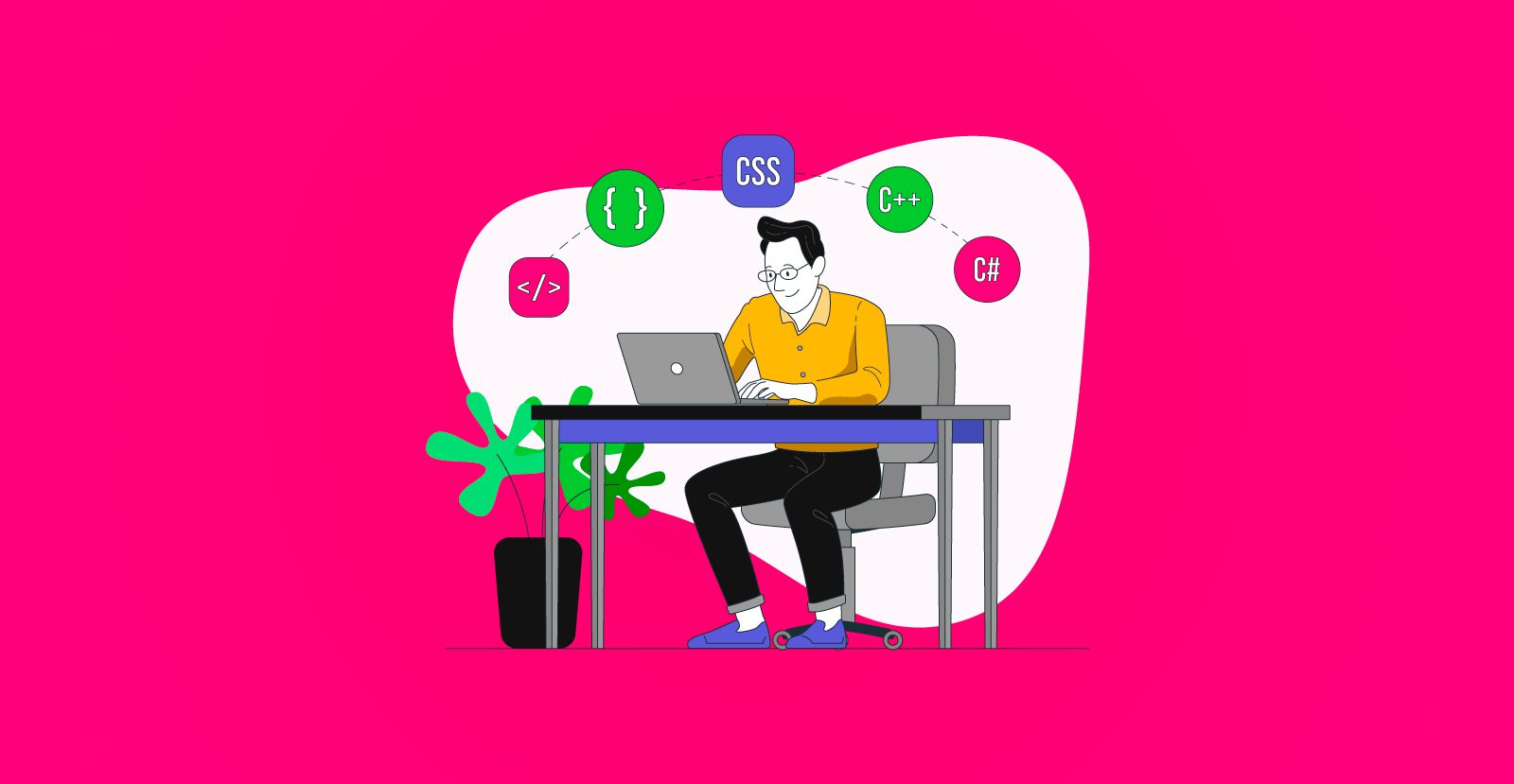After some hectic rounds of interviews, you have landed a new software developer job. What’s next?
It’s highly unlikely, that you will start by developing some real-time projects from scratch on the first day itself, except if you have joined as an experienced programmer. It is the duty of a Project Manager to groom the buddy developer, by assigning small tasks at a time and gradually moving to a bigger scale. The objective is to enable you to have an idea about the job culture and environment, and a feel of what projects really are and what they are meant to do, and equip them with the skills and knowledge required for the job. You will be initially assigned a few mini-projects, to begin with, such as developing a new feature with CRUD functionality, form validations, implementing search functionality, designing UI screens, etc., You are supposed to do the tasks assigned in the right earnest and complete the project within the stipulated time, without consulting your teammates.
Based on your performance, you will be moved to the next level and assigned higher-level tasks. Before getting into real-time projects, you will be provided with existing codebases that you need to learn, the whole suite of development tools to set up, and learning the coding style your team uses. Finally, on gaining the required skills to work on a real-time project, you will be put in a team with a senior developer to assist you, along with another developer to work on full-fledged projects. Your role basically is to learn and understand the intricacies of developing a real-time- project and developing the necessary skills and knowledge associated with it, coordinating with other team members (ie., develop soft skills), attending daily group meetings, identifying the tasks to do, consult your teammates for any doubts, and complete the tasks in time and commit it on Git. When the project is successfully completed, the whole team gets the credit (which includes you because it involved your contribution also). If you have made it this far. Congratulations!!! You have succeeded in your first software developer job.
In a team of developers, the caliber of each developer is different. Some of the developers have exceptional Coding and Debugging skills, while some have either one of those traits and the remaining have average skills, something similar to what we see in schools where not all students are of similar intelligence and caliber. The duty of a teacher is to take along all the students of the class irrespective of their abilities. Similarly, in a project, the role of a Project Manager is crucial, and his/her duty is to take the team along, provide clear directions, conduct regular team meetings, explain the functionality, the modules involved, features, handle both external and internal pressures, conduct regular client meetings, schedule projects, and time management, coordinate with the team, maintain worksheets, and update the status of the project to the management regularly, etc. Also, the role of the Project Manager should be to identify the best talents in the team and provide them with sufficient growth opportunities, provide them with challenging tasks and responsibilities, and finally, try to retain them for the long run. Also, keep in mind the volatility of the job markets before taking any decision. As a buddy developer, you are required to abide by the entire project guidelines, perform the duties assigned to the best of your ability and complete the task within the stipulated timeline.
As a software developer, you will be required to know the Front End UI, Back End Programming Languages, Database, Cloud Computing, Understanding of Agile Development Methodologies, Unit Testing and Debugging, and many more tangible hard skills. As you grow and develop with experience you will be required to lead teams, collaborate with your team members, time and project management, ability to communicate technical information, Train new developers, and various other soft skills.
For a buddy developer, the following aspects need to be kept in mind:
- Improve your coding standards regularly.
2 Refactor your code and optimize them i.e…., do not dump all your code in one place, instead restructure them and place them in separate files, and align your code i.e. format them so that it is in a readable form.
- Your code must be error-free and functional. Working on bugs (debugging) is a great way to learn about codebase.
- Speedup up by learning keyboard shortcuts that will increase your productivity.
- Learn new technologies like cloud computing, blockchain technology, DevOps etc
- Create GitHub as your repository in your system and commit your changes regularly.
- Create a portfolio of projects and update your resume.
- Network with other programmers and maintain regular contact
- Gain experience with Agile and Scrum development methods
- Learn about Software Development Stacks.
- Develop good R&D Skills
- Develop problem-solving and Debugging skills
eduJournal is a Full Stack Development Bootcamp, that can help individuals succeed in their career paths, by training prospective software engineers and developers within a short period of time. We work with talented, skilled, and ready-to-learn software developers and get them to do exciting real-world projects and learn the skills of the trade. We will also assist them by providing placement services. Therefore, if you want a challenging and rewarding career, do revert back to us. Contact eduJournal (www.edujournal.co,) for more details.
The beauty of software development is that the technology keeps changing regularly, and you should keep updating yourself regularly. Therefore, a developer should be learning something new every day and evolving their skills and knowledge, and keeping pace with new technologies and innovations.



Please enter input field